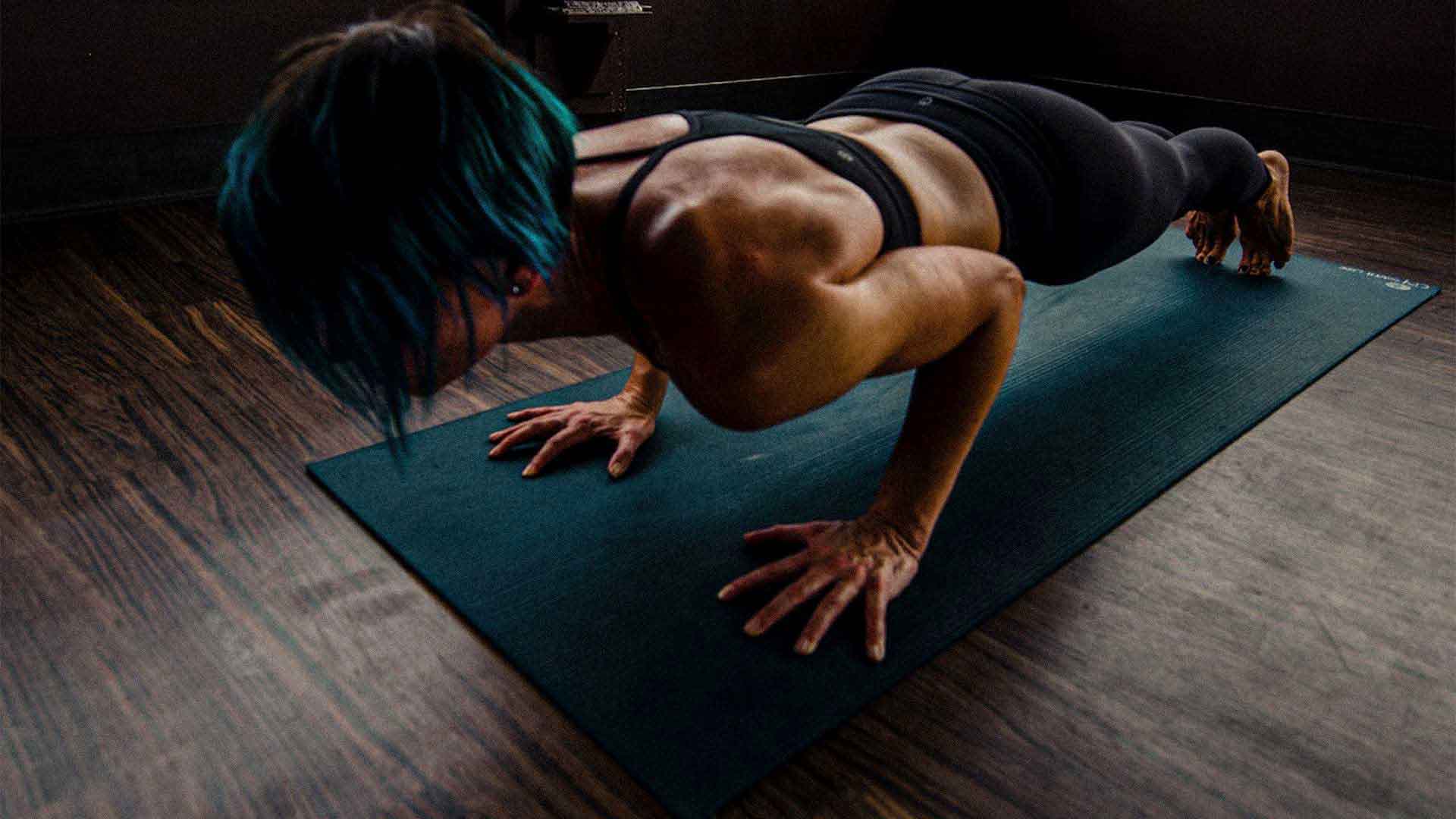Feeling stressed? You’re not alone. More than half of Americans struggle with some level of stress every day.1 And while the cause of stress isn’t always the same, there is one thing we can all do to help manage it: exercise. Working out not only helps boost your overall wellness, but it helps your brain produce endorphins, a type of hormone that reduces stress and promotes the feeling of pleasure.2
Follow these tips to learn how to start exercising regularly to manage your stress.
Tip #1: Set SMART goals
When it comes to starting a new workout routine, it’s easy to be all-or-nothing. We imagine ourselves needing to spend hours at the gym to work out every muscle in our body. If we can’t do that – we don’t do it at all. The American Heart Association recommends 150 minutes of moderate to intense exercise or 75 minutes of vigorous exercise each week.3 Even that can be intimidating, but you don’t have to jump in blindly. A better option: approach your goals strategically to make long-lasting changes.
Set SMART goals: Specific, Measurable, Achievable, Relevant, Time-bound goals. 4
In other words, create smaller, reasonable goals that are well-defined and relevant to your main goal, and make sure you can track progress to know when you’ve reached the finish line.
For example, a not-so-smart goal would be, “I will exercise more in the new year,” while a SMART goal would be, “I will go on a 30-minute brisk walk after work 4 times a week for the next month.” Use the SMART goal method to help start making small shifts in your day-to-day routine to help manage stress.
Tip #2: Do what you love
Despite how many times your BFF tries to convince you to tag along her AM jog and that you’ll feel great the rest of the day – if you loathe every minute and step of that run, it’s not going to last. You don’t have to run (unless if you like it!) or do exercises that make you feel stressed out just thinking about them. You have options! Find activities YOU have fun with and enjoy doing. If you’re not sure what you enjoy yet, here’s some ideas to help get you started:
- Join your local gym and try out different group classes
- Connect with a trainer and give weightlifting a shot
- If you prefer working out at home, you can access thousands of videos online and strength train or do aerobic exercises with little to no equipment
- Walking is also a simple and effective activity that you can do just about anywhere, anytime
No matter what form of exercise you choose, make sure it’s something you look forward to and it’ll become a stress-reducing habit in no time.
Tip #3: Change your mindset
Too often we connect exercise to just tipping the scale, but it has so many other benefits beyond that. It improves your heart, immunity, gut and joint health to name a few. While dropping a belt size can be a motivating factor, but if that’s your *only* reason for working out, it can easily feel like a chore and add to stress.
Plus, the lifestyle often won’t last long. It’ll feel like something you have to do instead of something you get to do to feel good and stay healthy. Reach your goals by building a positive relationship with exercise and focus on long-term health benefits like building muscle and bone strength, reducing disease risk, and of course, managing your stress.
Tip #4: Fuel your body correctly
As you make changes to your activity level, you might need to alter your diet too. It’s important to ensure you’re fueling your body not with just enough food but also the right nutrients. The last thing you want is to run out of energy mid-set. The type of fuel needed will depend on the type of exercise you’re doing, but in general, it’s important to get enough protein, carbs, healthy fats and water.
In short: Choose nourishing foods to fuel your workouts, support recovery from the physical stress caused by exercise, and your overall daily stress levels.5,6
If you want some additional nutrient support to aid your workouts, read 5 best supplements for exercise recovery.
About Tannaz
Tannaz is a Registered Dietitian (RD) with a Bachelor of Science in Nutritional Science and Dietetics from San Jose State University. She is experienced in providing nutrition care to individuals and communities of various backgrounds and is passionate about using evidence-based science to make nutrition accessible and sustainable for everyone.
Do you have questions about supplements? Reach out to one of our experts, or take Persona’s free nutrition assessment, and learn exactly what you need to take your wellness to the next level.
*These statements have not been evaluated by the Food and Drug Administration. This product is not intended to diagnose, treat, cure, or prevent any disease.
This information is not intended as a substitute for the advice provided by your physician or other healthcare professional, or any information contained on or in any product label or packaging. Do not use the information from this article for diagnosing or treating a health problem or disease, or prescribing medication or other treatment. Always speak with your physician or other healthcare professional before taking any medication or nutritional, herbal, or homeopathic supplement, or using any treatment for a health problem. If you have or suspect that you have a medical problem, contact your health care provider promptly. Do not disregard professional medical advice or delay in seeking professional advice because of something you have read in this article.

